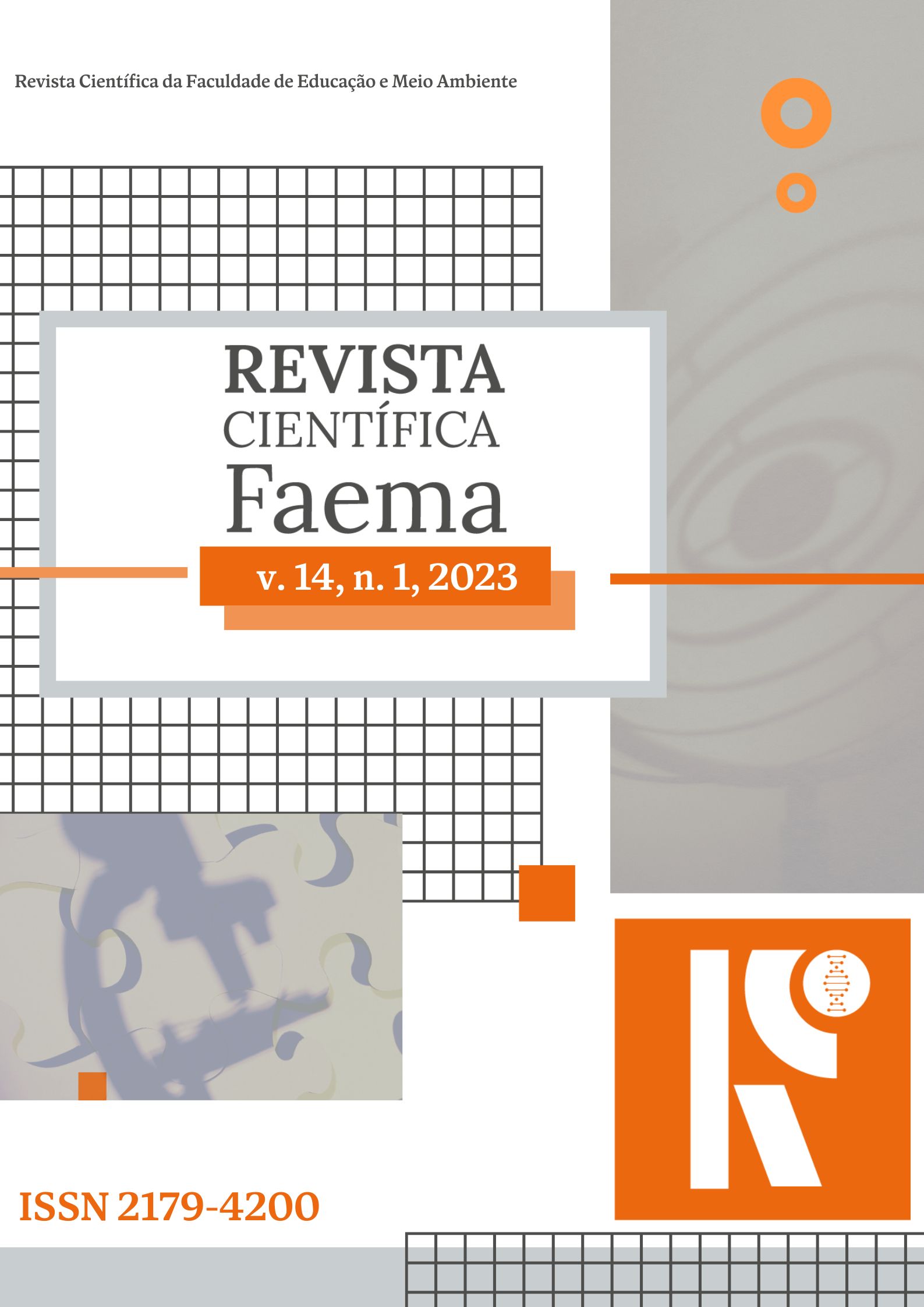FACTORS THAT INTERFERE IN THE SLEEP QUALITY OF BASIC EDUCATION TEACHERS: INTEGRATIVE REVIEW
Main Article Content
Abstract
Sleep is characterized as a basic human need, being a relevant and emerging topic, since deprivation or related disorders cause implications for metabolic and inflammatory processes, causing negative impacts on health. The health of Basic Education teachers causes strong concern, especially about the quality of sleep and mental health as a result of the challenges and responsibilities that often go beyond the act of teaching. Objective: to synthesize the existing scientific evidence in the literature on the factors that interfere with the quality of sleep of basic education teachers. Method: integrative review supported by the research question “what are the factors that interfere with the quality of sleep of basic education teachers?”, carried out between August 2022 and January 2023 in the information sources: US National Library of Medicine National Institutes Database Search of Health, Latin American and Caribbean Literature in Health Sciences, Cumulative Index to Nursing and Allied Health Literature, Web of Science, Embase and SciVerse Scopus. Results: Stress and depression were the factors that most interfered with sleep quality, followed by pain identified in four studies, but burnout, long working hours, irregular sleeping and waking times, job dissatisfaction, fatigue, noise, pollution air, brightness, internet addiction, social exclusion, emotional dissonance, anxiety, obesity, long-term use of television (>120 min per day), anguish, irregular physical exercise, increased alcohol consumption, use of psychotropic medication, fear, lack of physical activity, reduced social jetlag; home office, insufficient sleep duration, workplace violence, coffee consumption close to bedtime, daytime sleepiness and partial sleep deprivation were also considered as factors that interfere with sleep quality. Conclusion: In view of the findings in this study, the most prevalent factors that significantly interfered with sleep quality are depression, stress and pain.


